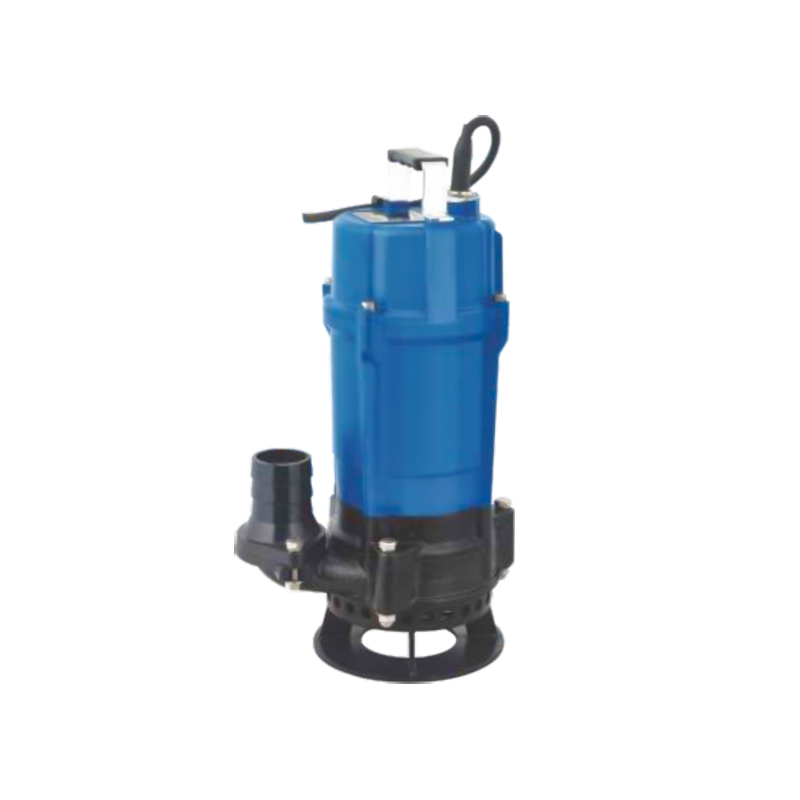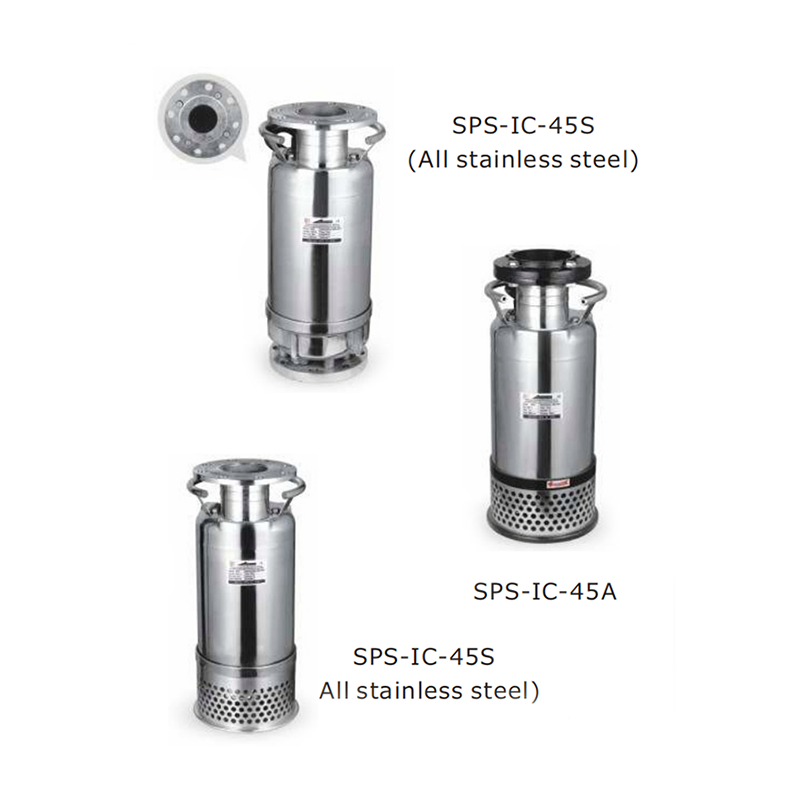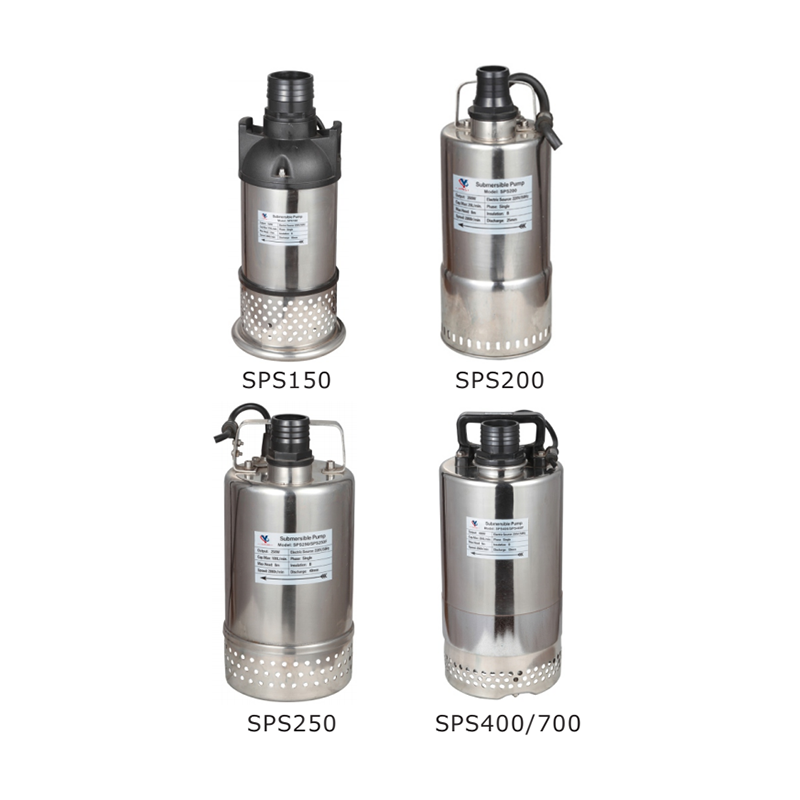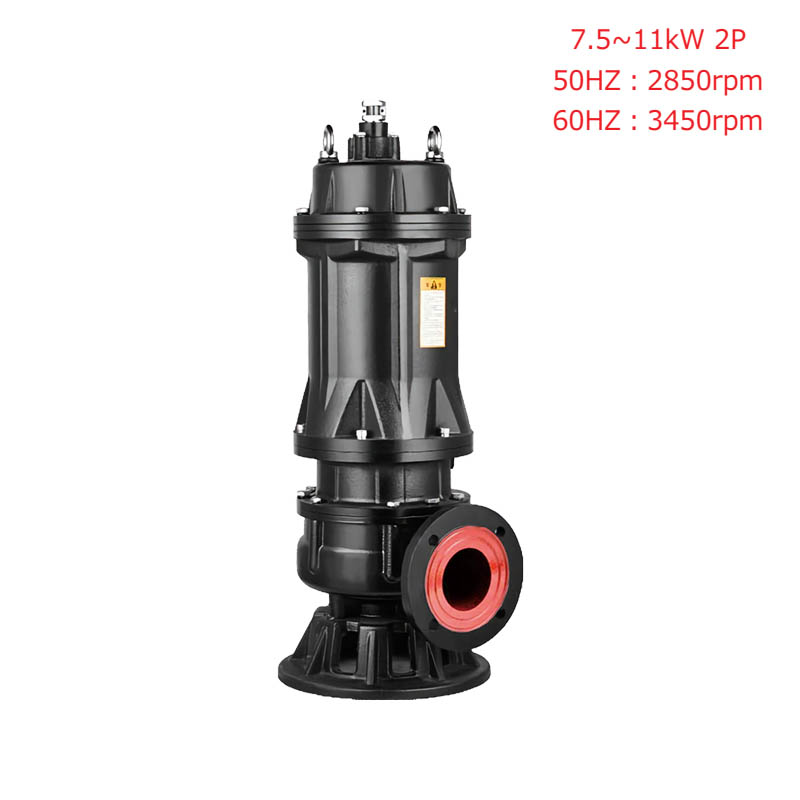In recent years, the fusion of solar thermal technology with modern dewatering solutions has sparked a significant transformation in energy efficiency and environmental impact. The integration of solar thermal pumps with industrial dewatering pumps and portable dewatering pumps represents a cutting-edge approach to energy usage while promoting sustainability.
Solar thermal pumps harness the sun's energy to heat water, which can then be used for a range of applications, from residential water heating to industrial processes. By shifting away from conventional energy sources, these systems offer a more eco-friendly alternative, reducing reliance on fossil fuels and lowering greenhouse gas emissions. The innovative design of solar thermal pumps not only optimizes energy usage but also provides substantial cost savings in the long run. For example, in industrial settings, solar thermal systems can preheat water, reducing the load on conventional heating systems and cutting energy costs significantly. This technology is also versatile, finding applications in heating large quantities of water for agricultural uses, such as in greenhouses or livestock watering systems.
In another light, industrial dewatering pumps are critical to numerous industries, especially in construction, mining, and wastewater management. These pumps are designed to remove excess water from work sites, ensuring that operations continue smoothly and safely. Industrial dewatering pumps are known for their durability and capacity to handle large volumes of water. They are essential for maintaining dry conditions in excavation sites, managing stormwater, and ensuring effective wastewater treatment. The introduction of portable dewatering pumps has further expanded the versatility of dewatering solutions. These compact and mobile units are ideal for temporary or remote locations where permanent installations are impractical. Their ease of transport and quick setup make them valuable for emergency situations, such as flood response, and for applications in small-scale projects or locations with limited infrastructure.
Combining solar thermal pumps with dewatering technologies enhances the overall efficiency of water management systems. For instance, solar-powered dewatering solutions can significantly reduce the energy required to operate industrial dewatering pumps, causing to lower operational costs and a greener footprint. By leveraging solar energy, these systems minimize the reliance on conventional power sources and contribute to a more sustainable approach to water management. In practice, this means that industrial sites using solar-powered dewatering solutions can expect reduced utility bills and less frequent maintenance of traditional power systems. Furthermore, the environmental benefits are significant, as using renewable energy sources helps to decrease carbon emissions and reliance on non-renewable resources.
The integration of 3 phase centrifugal pumps with solar thermal technology represents another leap forward in industrial efficiency. These pumps are known for their robustness and reliability in handling large volumes of water, making them ideal for demanding applications. When combined with solar thermal systems, 3 phase centrifugal pumps can benefit from reduced energy consumption, as the solar energy supplements the power needed for pump operation. This integration allows for more stable and efficient operation, particularly in large-scale irrigation or industrial processes. The ability to use solar energy for driving these powerful pumps ensures that operations are not only cost-effective but also environmentally friendly.
The synergy between solar thermal pumps and dewatering solutions reflects a broader trend towards embracing renewable energy in industrial applications. As businesses and industries increasingly seek to reduce their environmental impact, the adoption of solar-powered dewatering systems is likely to gain momentum. This shift not only aligns with global sustainability goals but also offers practical benefits, such as lower energy costs and improved operational efficiency. As more industries adopt these technologies, the overall impact on energy consumption and environmental preservation will become more pronounced, marking a significant step towards a greener future.



 English
English русский
русский عربى
عربى







